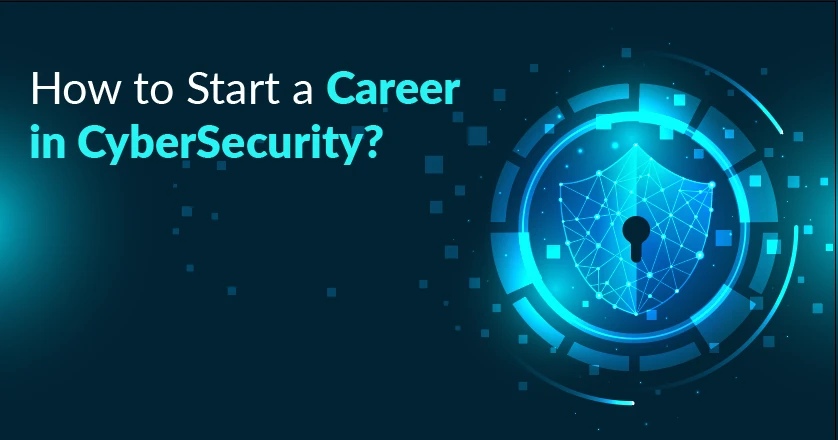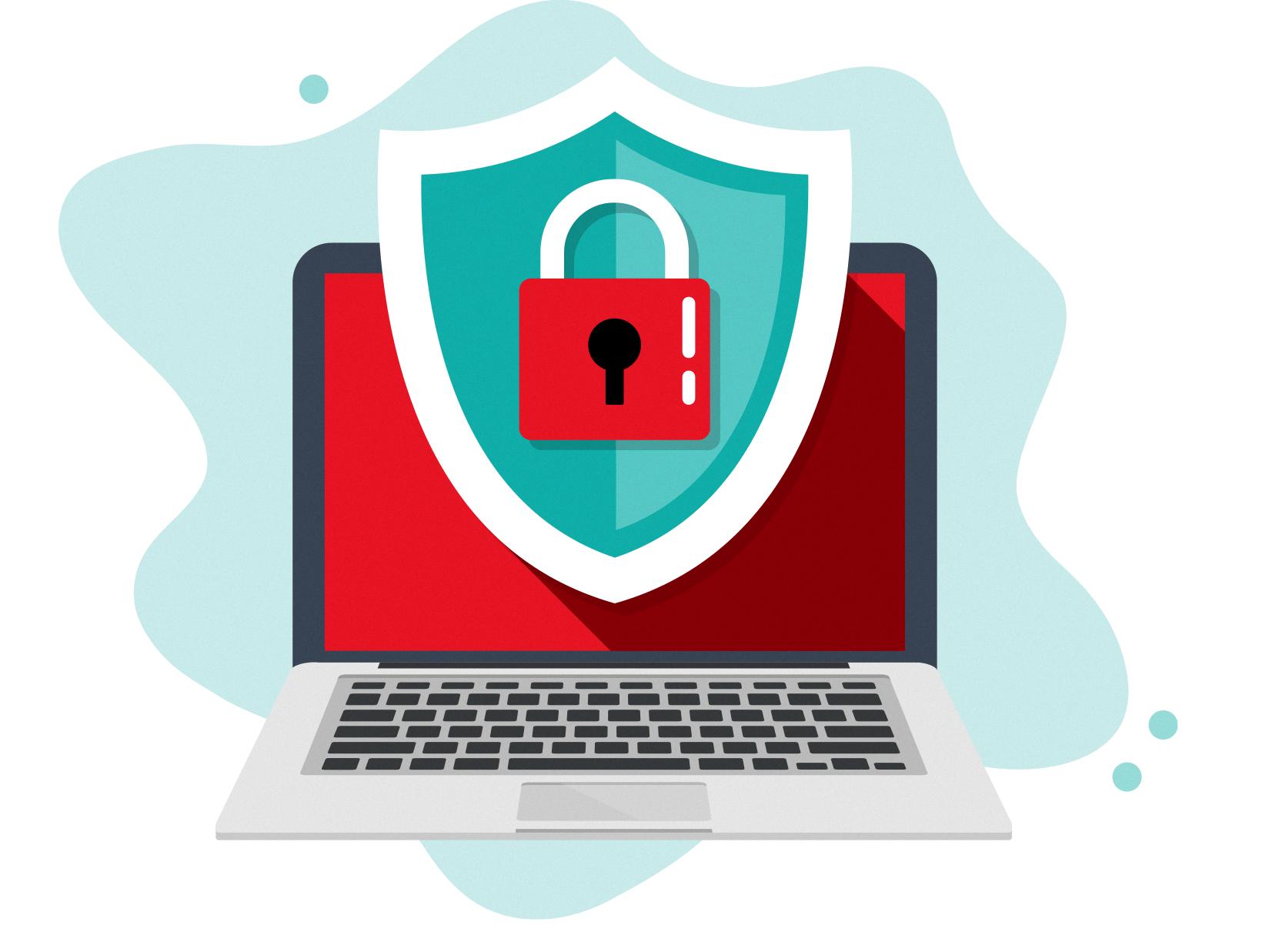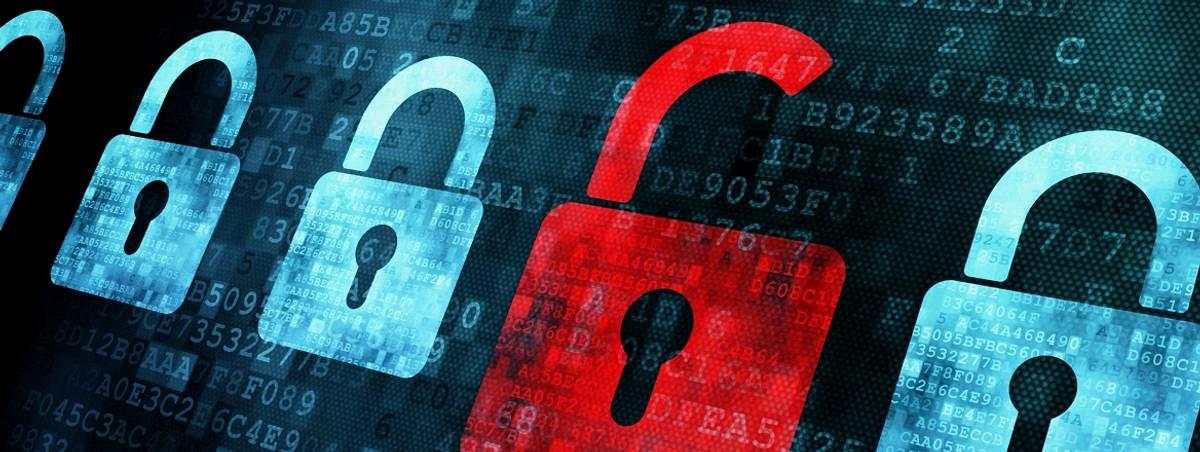Are you looking to get into the cyber security field but don’t know where to start? Entry-level cyber security is the perfect place to begin. This is because entry-level cyber security jobs do not require much experience and are a great way to learn the basics of cyber security.
Entry-level cyber security jobs typically involve basic tasks such as monitoring systems, installing software, and configuring networks. These tasks are important for many organizations and will help you understand how computer systems function and how they can be secured.
When applying for an entry-level cyber security job, you should expect that employers may ask for certain qualifications or certifications. It is important to understand what these qualifications are so you can decide if they are right for you. Some of the most common qualifications required include:
• A bachelor’s degree in computer science or a related field such as math or engineering
• Knowledge of Linux, Windows, and/or Mac OS X operating systems
• Basic understanding of network architectures
• Experience with scripting or programming languages such as Python or JavaScript
• Familiarity with basic security concepts such as authentication, authorization, encryption, and intrusion detection
• Certification from an accredited institution such as CompTIA Security+ or CISSP (Certified Information Systems Security Professional)
These qualifications may vary depending on the job requirements of each particular organization. Additionally, employers may require more specialized skills depending on their individual needs. In any case, having a solid foundation in these entry-level topics will prove invaluable when it comes time to apply for higher-level positions.
Furthermore, some companies may also offer internships or training programs that allow individuals to gain experience in cyber security without having prior knowledge or experience in the field. These internship programs are excellent opportunities to gain hands-on experience while learning the fundamentals of cybersecurity from industry professionals.
Once you have acquired the necessary skills and experience to qualify for an entry-level position in cyber security, it is important to keep up with trends in the industry by reading relevant blogs and articles online, attending conferences and seminars, and joining professional associations such as ISACA (Information Systems Audit & Control Association). This will ensure that your skills remain current so that you can take advantage of new opportunities when they arise.

Entry-Level Requirements for Cyber Security
For entry-level cyber security jobs, candidates should have a strong background in computer science or a related field such as math, engineering, or information technology. Many employers look for applicants with at least a bachelor’s degree in one of these fields. Candidates should also possess technical knowledge and practical skills in areas such as network security, software development, cryptography, and data analytics. Additionally, it is beneficial to have experience with programming languages such as C++ and Python and be familiar with operating systems such as Linux. Employers may also require certifications such as the CompTIA Security+ certification or the (ISC)2 CISSP certification. Having excellent communication skills and the ability to work collaboratively are also important traits for success in a cyber security role.

Source: makezine.com
Starting a Career in Cyber Security with No Experience
If you’re interested in beginning a career in cybersecurity but you don’t have any experience, the best place to start is to become familiar with the fundamentals of the field. There are plenty of online resources available that can help you get up-to-date on the latest trends and technologies related to cybersecurity. Additionally, if you can identify an area of specialization within the field that interests you, this will help you narrow down your research and focus on a specific career path.
Another way to quickly gain experience and knowledge in cybersecurity is to enroll in a boot camp or certificate program. These courses provide hands-on training in various aspects of cyber security, and may also include certifications that employers may look for when hiring new graduates.
You should also take advantage of any opportunities to gain some practical experience. This could include internships or volunteering at local companies or organizations that need assistance with cybersecurity measures. You may also be able to find mentors in the field who can provide valuable guidance and advice as you pursue your career goals. Finally, it’s important to build a strong network within the industry by attending meetups and conferences, participating in online forums and groups, and following influential people on social media channels like Twitter and LinkedIn.
Is Cyber Security Difficult for Beginners?
Cybersecurity can be a challenging subject for beginners, but it is by no means impossible to learn. With the right resources and guidance, anyone can become proficient in the field of cyber security. It’s important to keep in mind that the more you immerse yourself in the material and practice, the easier it will become. Additionally, there are plenty of online courses and tutorials available that can provide a great foundation for learning cybersecurity basics. With dedication and hard work, becoming an expert in cybersecurity is achievable even for beginners.
Essential Skills for Cyber Security Professionals
The skills needed for cyber security are diverse and require a combination of both technical and non-technical abilities. Problem-solving skills are essential for solving complex security issues and figuring out how to respond to threats. Technical aptitude is also key, as it allows you to understand the various platforms and technologies involved in cyber security. Knowledge of security across various platforms is necessary, as different systems have different vulnerabilities that must be understood and managed. Attention to detail is critical, as even the smallest flaw can have huge implications. Communication skills are also important for communicating with clients, colleagues, and other stakeholders who may be affected by a breach or attack. Fundamental computer forensics skills allow you to investigate digital evidence related to cyber incidents. An eagerness to learn is crucial since the field of cyber security is constantly evolving with new threats emerging all the time. Finally, an understanding of hacking techniques can help identify weaknesses, develop countermeasures and respond appropriately when an attack occurs.
Gaining Cyber Security Experience with No Prior Knowledge
Yes, you can absolutely pursue a career in cybersecurity without any prior experience. Many entry-level positions in the field don’t require a degree in cybersecurity or IT, and even those that do usually have options for self-taught individuals who can demonstrate their knowledge and skills. There are also plenty of opportunities to gain experience while you learn, such as internships and volunteering. Additionally, many employers provide on-the-job training and will support you in achieving the relevant certifications. With hard work and dedication, it’s entirely possible to become a successful cybersecurity professional with no prior experience.

Source: rusi.org
Does Cybersecurity Require Coding?
Cybersecurity does not necessarily require coding skills, but coding can be beneficial for those looking to advance in the field. For entry-level positions, basic computer and networking knowledge are generally sufficient. As cybersecurity professionals gain experience and seek more advanced roles, coding may be necessary to better understand how a system functions and identify potential threats. Coding skills can also help with automating tasks such as analyzing logs or creating scripts to detect malicious activity. Ultimately, having coding skills will provide an advantage in the cybersecurity field and may open up avenues for career progression.
Can Cyber Security Jobs Be Obtained With Just Certifications?
Yes, it is possible to get a job in cybersecurity with just certifications. As the field of cybersecurity continues to expand and evolve, many employers are now willing to hire applicants who possess relevant certifications rather than a college degree. This is because the job market often cannot keep up with the rapid growth in demand for qualified professionals in this field, making certifications an attractive alternative for employers. Many certifications require specific knowledge and skills related to cyber security, so having these certificates can demonstrate that an individual has the necessary skills and qualifications needed for the job. Additionally, certifications can be quicker and more cost effective than pursuing a college degree, making them an ideal choice for many applicants.
Learning Cyber Security in Three Months
It is possible to learn the fundamentals of cyber security in three months, but it may not be enough time to develop a comprehensive understanding of the subject. Depending on your prior knowledge of computers and technology, you may need to spend more time getting up to speed on the basics before diving into more complex topics. Additionally, real-world experience with cyber security tools and techniques is an invaluable asset that can only be obtained through practice. A three-month course can provide an introduction to the topic, but it will take longer than that to become proficient in any given area.

Source: bbva.com
The Math Requirements of Cyber Security
No, cybersecurity is not a math-heavy field. While it does require some math skills, the emphasis is more on understanding computer science principles and analytical thinking than on solving complex equations. Cyber security professionals need to be able to reason logically and think critically about data, as well as be comfortable working with basic arithmetic and statistical concepts. For example, understanding basic probability or cryptography may be necessary for certain roles in the field. Overall, though, having a strong foundation in mathematics is not a major requirement for cybersecurity professionals.
Starting a Cyber Security Career from Scratch
A career in cyber security can be a very rewarding experience and is often a great choice for those looking to join the technology field. To begin your journey, you’ll need to start with the basics.
First, you’ll want to make sure you have a solid understanding of computer systems and networks. Courses in system administration and networking will give you a strong foundation that you can build on. A degree in information security or a related field is not required but will help provide the necessary knowledge to excel in this field. It’s also important to have some hands-on experience with networks and computer systems, so look into internships or volunteer opportunities if possible.
Next, you’ll need to become familiar with cyber security best practices and technologies such as encryption, firewalls, malware protection, intrusion detection/prevention systems, and more. Reading up on these topics and taking some online courses can help here. You will also want to stay up-to-date on the latest trends in cyber security by reading industry news sites and attending conferences or seminars when possible.
Finally, it’s important to find ways to gain real-world experience so that you can become an effective cybersecurity professional. Participating in capture-the-flag competitions or ethical hacking challenges can be a great way to gain the practical skills that employers are looking for. You may also want to consider getting certified by organizations such as CompTIA or ISACA for additional credentials that demonstrate your expertise in this area.
By following these steps and continuing to develop your knowledge of cyber security best practices, you should be well on your way toward starting a successful career in this growing field!

Source: emeritus.org
How Long Does It Take to Become Skilled in Cyber Security?
Learning cyber security can take anywhere from a few months to several years, depending on what type of career path you wish to pursue. It is important to note that cyber security is a constantly evolving field that requires knowledge in many different areas, including computer networks, software development, data protection, and more.
If you are an entry-level professional looking to enter the world of cyber security, gaining the proper certifications and foundational knowledge could take around two years. During this time, you will need to study for and pass various certification examinations such as CompTIA Security+, Certified Ethical Hacker (CEH), or Certified Information Security Manager (CISM). There are also various online courses and self-paced training programs available that can help you quickly gain the necessary technical skills.
For those looking for more than just entry-level positions, additional education, and experience may be necessary. Depending on your career goals, this could involve pursuing a degree in computer science or information security or even obtaining a master’s degree in cyber security from one of the many accredited universities. After completing your education and certifications, gaining real-world experience through internships or other job opportunities is essential. This could take several years before you are able to reach a senior-level position with increased responsibility.
Overall, learning cybersecurity can take anywhere from a few months to several years depending on your chosen career path. It is important to keep up with industry trends and continue learning new technologies in order to stay ahead of potential threats.
Conclusion
In conclusion, entry-level cyber security offers a range of opportunities for those looking to break into the field. It requires a combination of technical and problem-solving skills, as well as an understanding of security across various platforms. Additionally, it is important to have attention to detail and an eagerness to learn new technologies. With these key components in place, anyone can begin their cyber security journey and make a successful career out of it.








